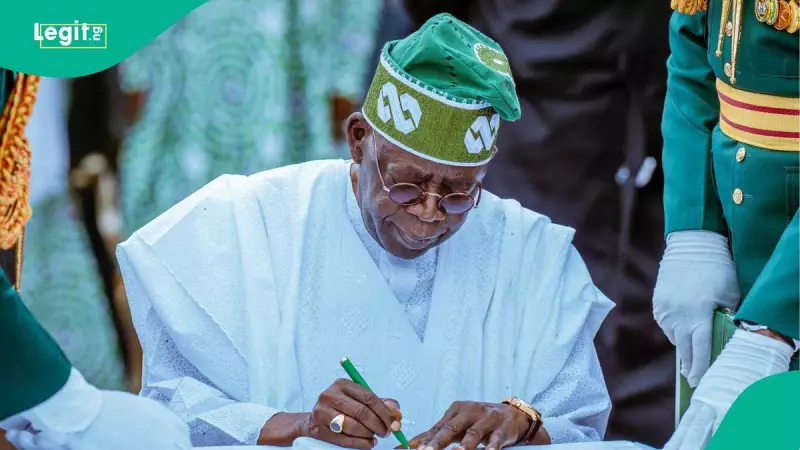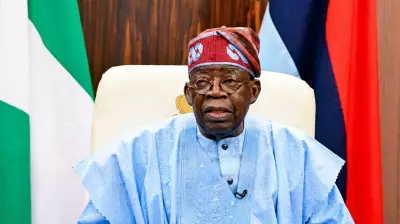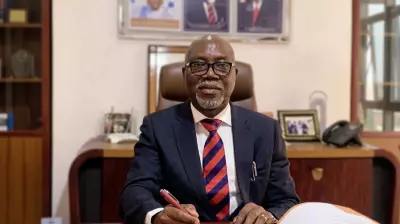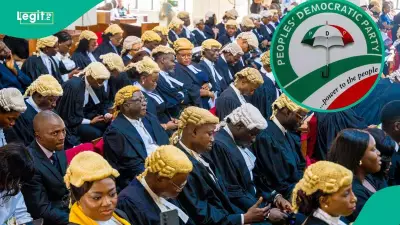
In a revealing analysis that challenges regional trends, security expert Kabiru Adamu has declared that military coups hold little appeal for Nigerian youth, presenting a significantly different reality for President Bola Tinubu's administration compared to neighboring West African nations.
Why Nigerian Youth Reject Military Takeovers
Despite facing severe economic hardships and widespread dissatisfaction with democratic governance, Nigerian young people have demonstrated remarkable resistance to military intervention. According to Adamu, this stance stems from several key factors that distinguish Nigeria's political landscape.
The memory of military rule remains fresh in collective consciousness, with many Nigerians recalling the harsh realities of past dictatorships. Unlike younger generations in other West African countries who lack direct experience with military governance, Nigeria's historical context serves as a powerful deterrent.
Changing Youth Priorities and Global Connections
Adamu emphasized that contemporary Nigerian youth are fundamentally different from previous generations. "Today's young people are more connected globally, better educated, and have different aspirations," he explained during his appearance on Channels Television's Politics Today.
The security expert noted that while economic challenges persist, the solution for most young Nigerians lies in electoral reforms and strengthened democratic institutions rather than military intervention. This perspective marks a significant departure from the coup-friendly environments seen in neighboring countries like Niger, Mali, and Burkina Faso.
Regional Contrast: Why Nigeria Stands Apart
The expert's analysis comes amid growing concerns about democratic backsliding across West Africa, where several nations have experienced successful military takeovers in recent years. Nigeria's resilience against this trend highlights unique societal factors that make coup attempts less likely to gain popular support.
Several protective factors work in Nigeria's favor:
- Strong civil society organizations that actively defend democracy
- Vibrant media landscape that holds power accountable
- Established democratic traditions despite their imperfections
- Youth engagement through digital activism rather than military solutions
Implications for Tinubu's Administration
This analysis provides crucial context for understanding the political environment facing President Tinubu. While his government confronts significant challenges including economic reforms and security concerns, the lack of popular appetite for military alternatives offers important political space for democratic governance.
Adamu's assessment suggests that Nigerian youth, despite their frustrations, prefer to channel their energies toward reforming the existing system rather than overthrowing it—a reality that both comforts and challenges the current administration to deliver better governance.





